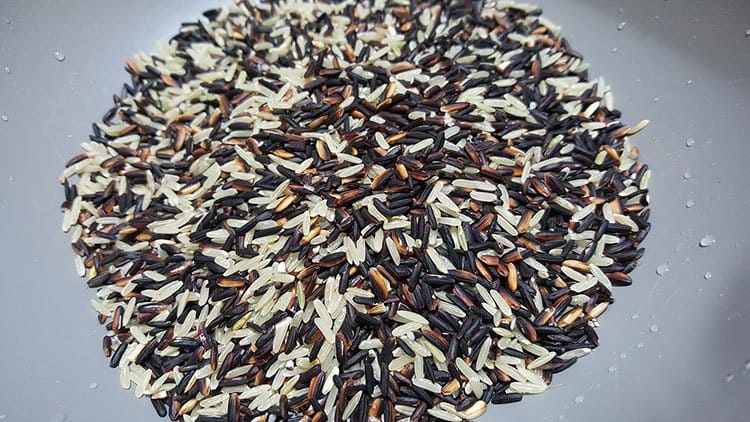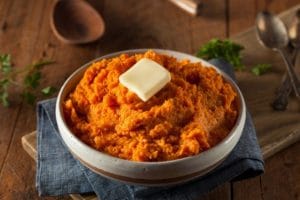Most people tend to follow different fitness and nutrition fads when it comes to reaching max training and competition potential. However, this could end up placing you in a tight spot when the deadline for your marathon is approaching sooner than you thought, and your body is not physically prepared to endure the intense run ahead of you.
Following a good marathon training plan plays a role in how you perform, but remember that without a good marathon training diet all that training may be wasted.
Eat Plenty of Nutritious Food

No person is able to follow one set caloric intake since it depends on body fat, height, and weight primarily, but you can follow simple guidelines on what you should be eating.
You want to eat food and plenty of calories that fit your lifestyle and training program. The following are the three macronutrients that you are to focus on when glancing at where your calories are coming from:
- Carbohydrates
- Proteins
- Dietary Fats
Your marathon training diet should consist largely of these simple nutrients and need to be watched carefully if you wish to at complete your next marathon.
An important part of your marathon nutrition plan is Carbohydrates.
Carbs are used by your metabolism for energy and stored within your muscles and liver in the form of glycogen. Glycogen is how the body stores glucose for later use. This glycogen slowly gets used up depending on the type of activity you are performing, and in terms of marathon runners, the usual glycogen depletion time frame is when you are 13.1 miles into a marathon.
This number will come in handy shortly, but in the meantime know that carbs make up the larger portion of your diet.
Beware of low-carb diets.
Research has shown that low-carb diets actually hinder a marathon runners distance and completion time. The body simply needs the glycogen levels needed before dipping into your fats for energy.

Carbohydrates to eat:
- Whole Grains
- Quinoa
- Brown Rice
- Barley
- Wheat Berries
Protein is a necessity and should never be taken away from your diet. This nutrient is the building blocks of life, and is known for assisting with the production of muscles, bones, cartilage, and ligaments. Protein is also great for making your body feel fuller throughout the day since it digests slowly. Protein also assists with muscle recovery, which is important for all active people since you cause microscopic muscle tissue tears while running and lifting weights.
Good sources of protein:

- Lean Beef
- Turkey Breast
- Chicken Breast
- Salmon
- Beans
- Eggs
Marathon nutrition also focuses on dietary fats. These are the kind of fats that are healthy and keep your organs in top condition. The other use for them is as a secondary source for your metabolism to produce energy after glycogen levels have depleted.
Your marathon training diet will rely heavily on this nutrient during the second phase of the competition (after the first 13.1 miles), and if you want to make it through the race then start thinking about consuming some of the foods below:

- Olives and Olive Oils
- Avocados
- Cheese
- Greek Yogurt
- Nuts
- Whole Milk
Marathon Training Diet before the Big Day
10 days prior to your marathon, you need to switch to a different food intake where 65% of your calories come from dietary fats. Consume plenty of the food listed above and you will able to increase your run time 4.5% faster than you would have on a normal carb-loading diet. Three days before your marathon the time comes to switch to a carb-loading phase, which would be 65% of calories coming from nutritious carbohydrates instead of fats.
Using this type of diet allows your body to use glycogen levels up to around 22–26 miles, but that only applies to you if your running is in good form and energy efficient. Water is of course something that you should be drinking throughout the entire day, and an estimated amount would be 2 ounces of water per pound in your body. If you have had previous medical conditions, please seek expert advice prior to changing your eating habits drastically to this marathon training diet.
Author Bio:
Andrew D. Kahler is the founder of Authority outdoor, where he and him associates blog about Outdoor experiences, tips & tricks that will help you have an exciting adventure.
————————————–

